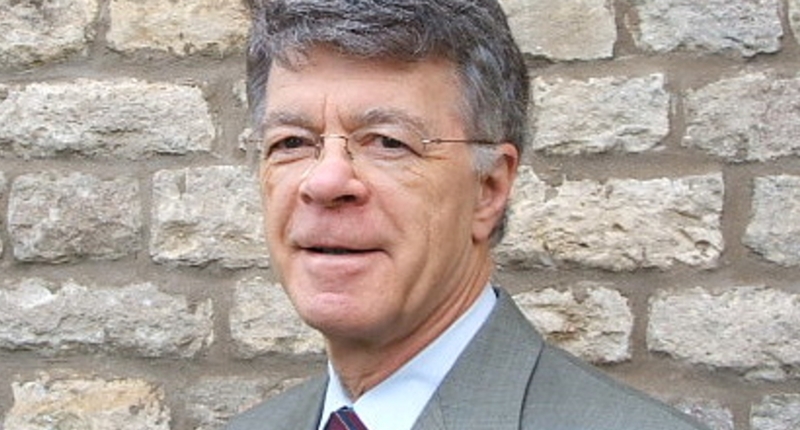Prof. Henry Shue, a political philosopher, believes that democracy and social change brought about by people is the only hope for breaking the cycle of fossil fuel interests. He argues that even the wealthiest countries that talk about taking action against climate change are still subsidizing fossil fuels, and that the only way to get fossil fuel companies to change their behavior is through political action. Governments need to take forceful actions to require the transition away from fossil fuels and to stop additional extraction. Prof. Shue suggests that individuals can also put pressure on banks and avoid doing business with those that make loans for fossil fuel extraction. By cutting up credit cards from banks that make loans for the extraction of fossil fuels, individuals can take a small step to help break the cycle of fossil fuel interests.
Breaking the Cycle of Fossil Fuel Interests: An Interview with Prof. Henry Shue
Prof. Henry Shue, a political philosopher, stresses the importance of acknowledging everyone’s responsibility towards climate change. In a recent interview, he discussed the crucial battle of breaking the cycle of fossil fuel interests within the US government and banking sector.
Entrenched Allies and Subsidized Fossil Fuels
According to Prof. Shue, even the wealthiest countries that talk the most about taking action against climate change are still subsidizing fossil fuels. In the US, companies drilling new oil wells are given accelerated depreciation tax breaks, which he considers absurd. He argues that we don’t need new oil wells, and we certainly don’t need tax breaks for companies that drill them. This, in his opinion, indicates that a large section of our politicians is captured by fossil fuel interests.
Democracy and Social Change as a Way Forward
Prof. Shue believes that the only hope for breaking the cycle of fossil fuel interests is through democracy and social change brought about by people. Although many fossil fuel companies have committed to the Paris Agreement and net zero by 2050, they are not doing anything to get there. He argues that the only way to get these companies to change their behavior is through political action.
Political Action and Complicated Questions
There are different kinds of political action that could be taken, such as carbon taxes or border taxes, but there are also many complicated questions about what exactly to do. Prof. Shue suggests that governments need to take forceful actions to require the transition away from fossil fuels and to stop additional extraction.
The Role of Banks and Individual Action
Prof. Shue notes that new oil wells are drilled using loans from major banks, and the worst banks in the world are all American. He believes that we need to put pressure on these banks to change their behavior. One way to do this is by cutting up credit cards from banks that make loans for the extraction of fossil fuels. A report called “Banking on Climate Chaos” shows which banks are making loans for fossil fuel extraction, so people can find out who the main offenders are and avoid giving them their business.
In conclusion, breaking the cycle of fossil fuel interests is a crucial battle that requires political action, democracy, and social change. Although there are many complicated questions about what exactly to do, governments need to take forceful actions to require the transition away from fossil fuels and to stop additional extraction. Individuals can also play a role by putting pressure on banks and avoiding doing business with those that make loans for fossil fuel extraction.
Don’t miss interesting posts on Famousbio

